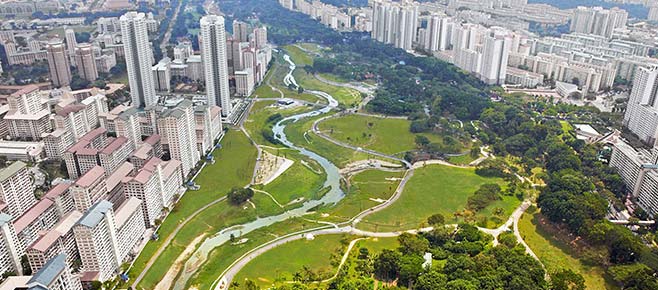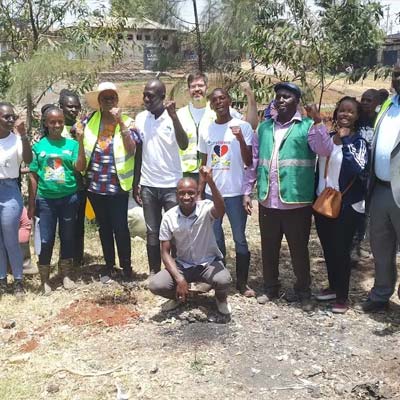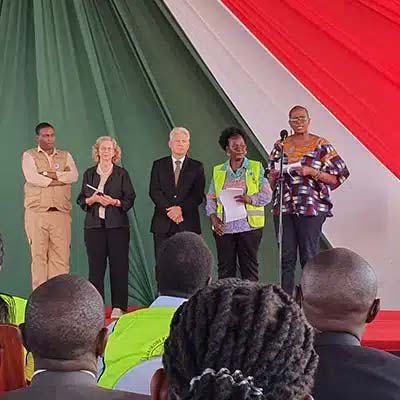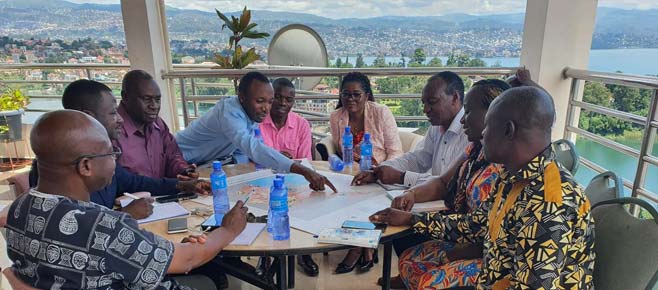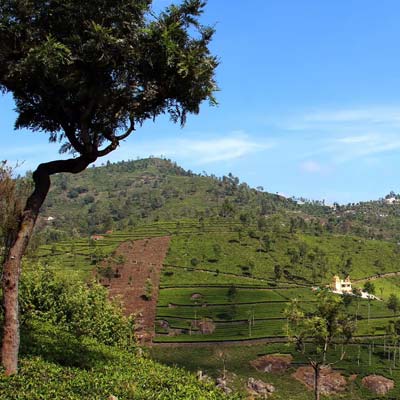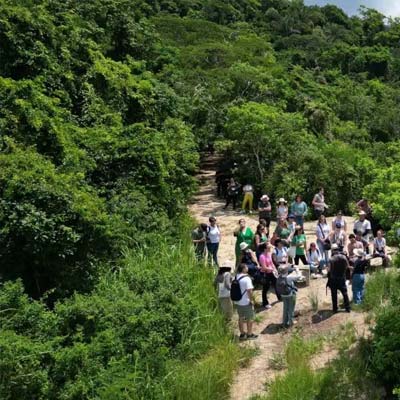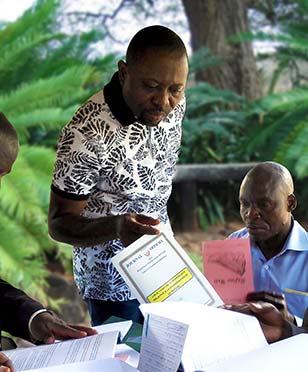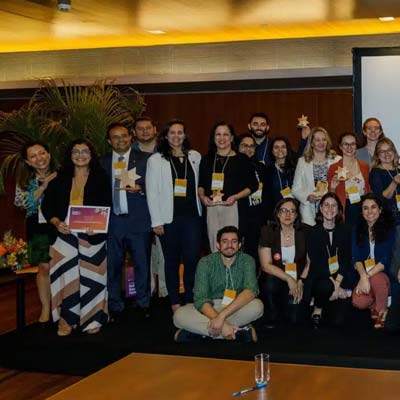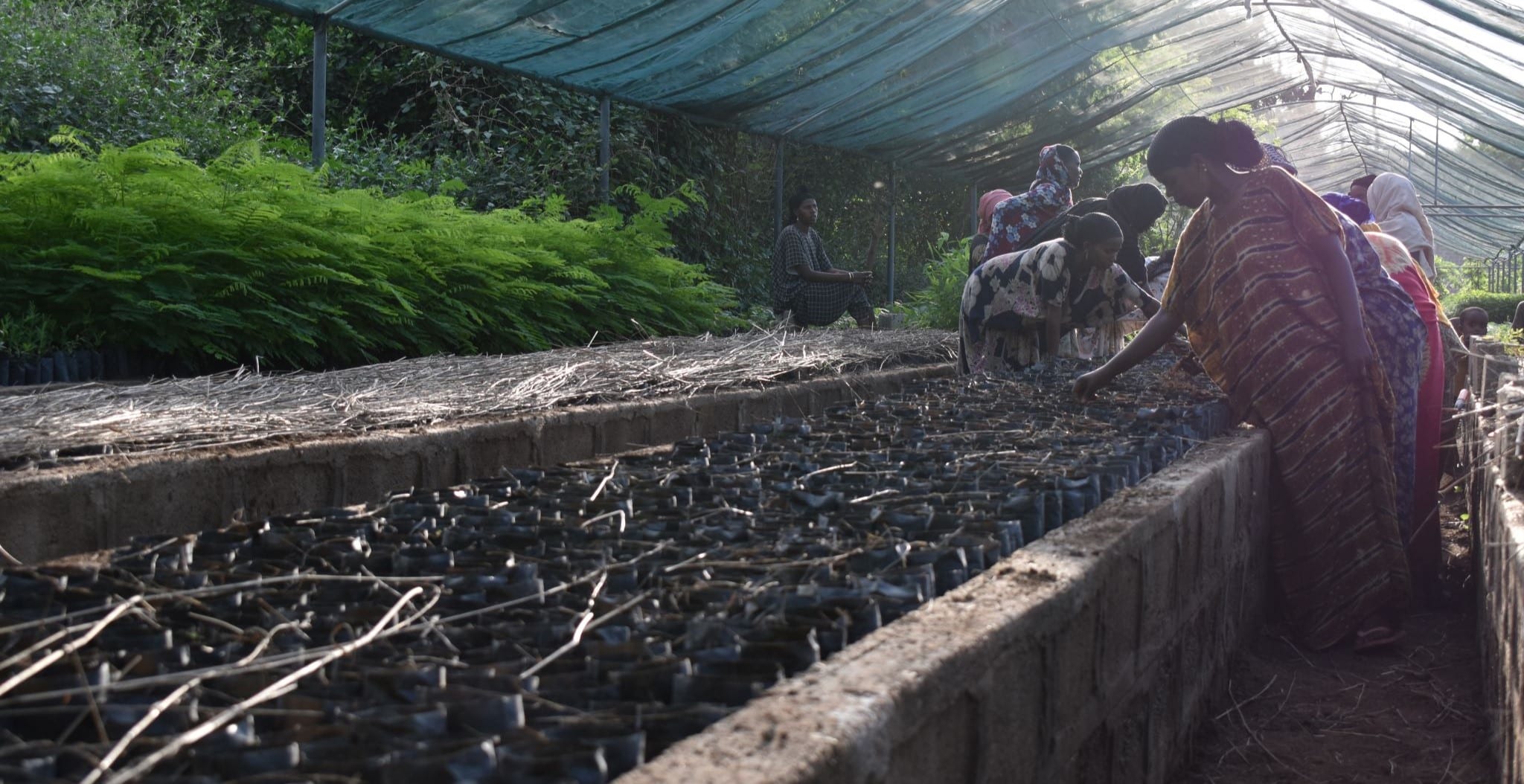When not engaged in plans and policy development, local communities and vulnerable groups can be left out of the intended benefits or be negatively impacted. For instance, a WRI project with the Gatsibo District’s office in Rwanda to understand local seed and seedling distribution networks found that farmers were not getting the seedlings they wanted, leading to a lack of interest in the forest and landscape restoration movement. This could have been avoided if the farmers were engaged in the planning and decision-making processes from the beginning.
Inclusive and meaningful stakeholder consultation entails:
- Starting early in the project, and creating multiple, iterative opportunities for engagement and dialogue
- Securing free, prior and informed consent when applicable
- Actively overcoming barriers like cost, illiteracy, lack of official documentation, asymmetric information, exclusionary institutions, and discriminatory norms. For instance, World Bank projects have had to make special efforts to include poor women in Nepal in project planning. These women were usually not consulted in participatory decision-making on community forests because of prevalent social norms like women not being allowed to sit with men and being shut down by male participants during discussions.
- Ensuring that all stakeholders’ opinions are heard and appropriately incorporated into the plans. In the case of a conflict of interests, thoughtful negotiation and conflict resolution may be required to come to a common decision that works for everyone.
These principles also apply to resident and community engagement activities to promote the benefits of urban forestry projects, which should be a two-way, collaborative dialogue between residents and officials with tailored outreach to different groups.8 This can also help identify local groups’ knowledge, experience and willingness for involvement.
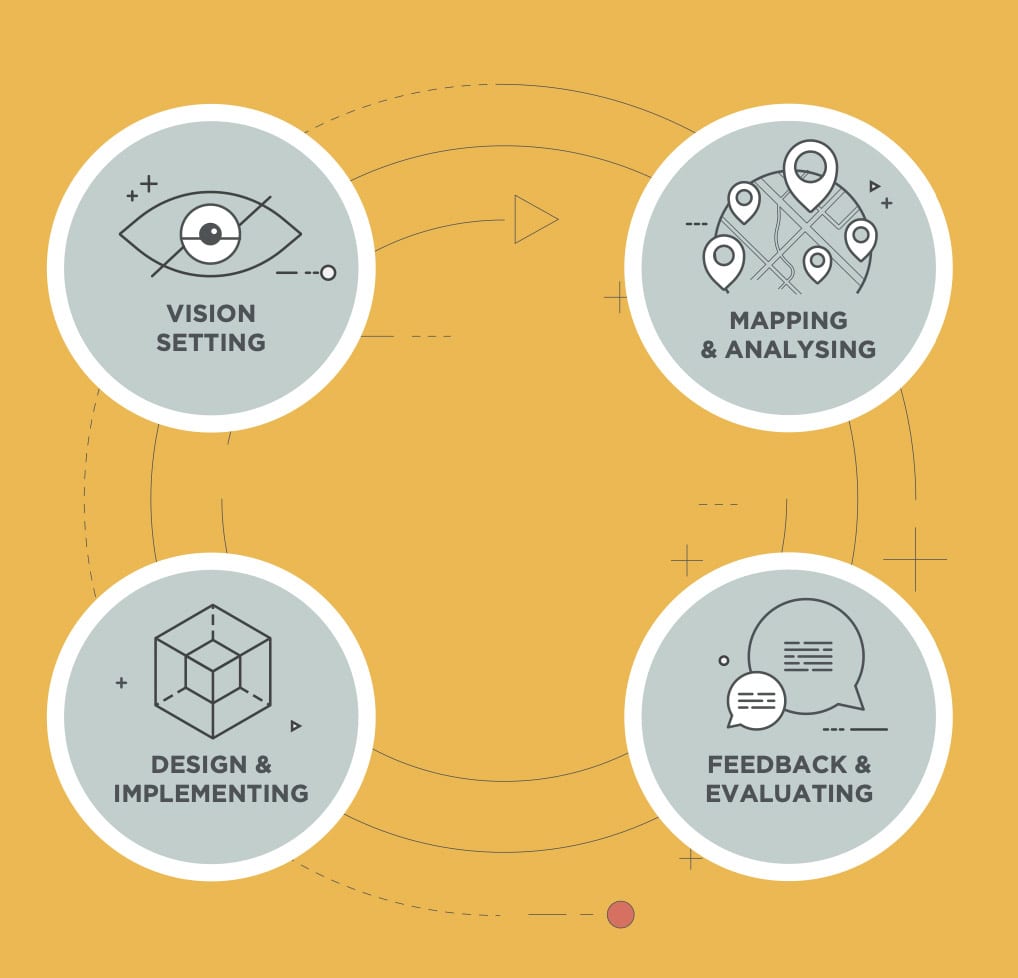
In Porto Alegre and Rio de Janeiro, Brazil, 200 household surveys helped shape the cities’ responses towards urban flooding. The same methodology (Urban Community Resilience Assessment) is being implemented by the Cities4Forests team in Kochi, India to help build a resilience roadmap for urban forestry projects.
